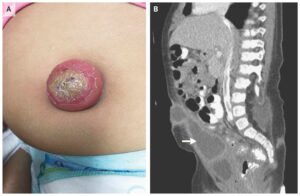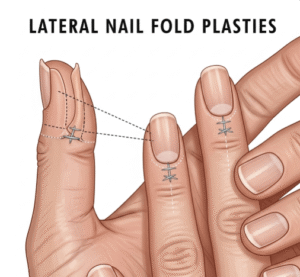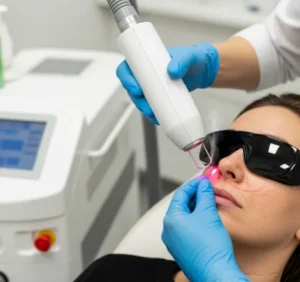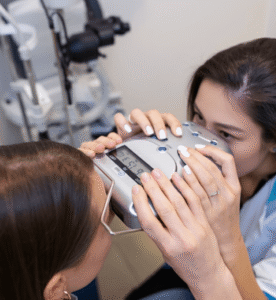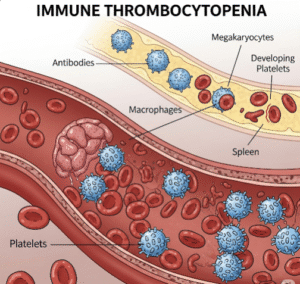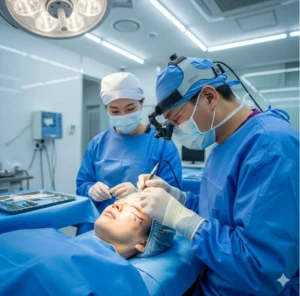Overview
Chemical castration is a medical treatment that reduces sexual drive and hormone levels in males by using medications rather than surgical removal of the testes. It is commonly used for managing certain medical conditions, hormone-sensitive cancers, or as a legal intervention in cases of sexual offenses.
In South Korea, chemical castration is conducted under strict medical supervision in endocrinology, urology, and psychiatric centers. Hospitals follow evidence-based protocols to ensure safety, effectiveness, and ethical compliance, while monitoring for side effects and long-term outcomes.
What is Chemical Castration?
Chemical castration involves administration of medications that lower testosterone levels, reducing sexual urges and fertility. Unlike surgical castration, the process is reversible upon discontinuation of therapy.
Common medications include:
- Medroxyprogesterone acetate (MPA) – suppresses testosterone production
- Leuprolide acetate or other GnRH analogs – reduce gonadotropin secretion and testosterone levels
Indications:
- Management of hormone-sensitive prostate cancer
- Treatment of hypersexuality or paraphilic disorders
- Court-ordered treatment for certain sex offenders
- Cases where surgical castration is not suitable
Purpose:
- Reduce sexual drive and behaviors
- Lower testosterone levels for medical or legal reasons
- Serve as a reversible, non-surgical alternative to physical castration
What are the Benefits?
Chemical castration provides several therapeutic and social benefits:
✔ Reduces sexual drive in patients with paraphilic disorders or sexual offenses.
✔ Decreases testosterone-related stimulation of prostate cancer.
✔ Non-surgical and reversible with proper monitoring.
✔ Can be combined with behavioral therapy or other interventions.
✔ Provides an ethical and medically controlled alternative to surgical castration.
Procedure Details
1) How should I prepare for Chemical Castration?
- Medical evaluation: Full health check, hormone levels, liver and kidney function tests.
- Informed consent: Discuss benefits, risks, reversibility, and alternative options.
- Medication review: Ensure no contraindicated drugs are in use.
- Psychological counseling: Address potential mental health effects and ensure compliance.
- Monitoring plan: Schedule regular follow-ups for blood tests and clinical assessment.
South Korean hospitals provide structured pre-treatment assessment and counseling to ensure patient safety and informed consent.
2) What happens during Chemical Castration?
- Medications are administered either:
- Intramuscular injection (e.g., MPA, GnRH analogs)
- Subcutaneous injection or implant (for long-acting formulations)
- Oral medications (in selected cases)
- Dosage and frequency depend on medical indication, age, and individual response.
- Regular monitoring of testosterone levels, liver function, and general health is performed.
- The procedure is outpatient-based, requiring minimal downtime.
South Korean specialists emphasize precise dosing, monitoring, and patient education to ensure effectiveness and minimize side effects.
3) What happens after Chemical Castration?
- Testosterone levels gradually decrease, usually within weeks.
- Patients may experience reduced sexual desire, erectile dysfunction, and testicular atrophy.
- Side effects may include hot flashes, mood changes, weight gain, or bone density loss.
- Follow-up visits involve blood tests, mental health assessment, and adjustment of therapy if needed.
- Treatment can be reversed or discontinued, allowing testosterone levels to return to baseline.
Risks / Benefits
Potential Risks:
- ➤ Hot flashes and sweating
- ➤ Mood changes, depression, or irritability
- ➤ Loss of libido and erectile dysfunction
- ➤ Bone density reduction with long-term therapy
- ➤ Rare metabolic changes or cardiovascular effects
Major Benefits:
- ✔ Non-surgical and reversible alternative to surgical castration
- ✔ Reduces sexual urges and hormone-related behaviors
- ✔ Can slow progression of hormone-sensitive cancers
- ✔ Allows ethical, controlled management of sexual offenders
- ✔ Well-monitored in South Korean medical facilities for safety
Recovery and Outlook
- Immediate post-treatment: Minimal downtime; injection or implant site may have mild soreness.
- First few weeks: Testosterone suppression begins, leading to reduced sexual drive.
- Long-term therapy: Regular monitoring ensures hormone levels remain controlled and side effects minimized.
- Reversibility: Upon discontinuation, testosterone levels gradually return, restoring sexual function in most cases.
South Korean hospitals provide comprehensive follow-up programs, including endocrine monitoring, psychological support, and lifestyle guidance to optimize outcomes.
When To Call the Doctor
Contact your physician if you experience:
- ➤ Severe depression, suicidal thoughts, or mood swings
- ➤ Unexpected bone pain or fractures
- ➤ Significant weight gain or metabolic changes
- ➤ Injection site infection or severe allergic reactions
- ➤ Any sudden changes in general health
Best Korea Option / Process
South Korea provides world-class chemical castration services due to:
- Experienced endocrinologists, urologists, and psychiatrists
- Strict medical and ethical protocols
- Advanced monitoring of hormone levels and side effects
- Comprehensive outpatient management with minimal disruption to daily life
- Integration with psychological and behavioral therapy when indicated
- International patient support, including translators and coordination of care
Top hospitals for chemical castration in Korea:
- Samsung Medical Center, Seoul
- Asan Medical Center, Seoul
- Seoul National University Hospital
- Severance Hospital (Yonsei University Health System)


